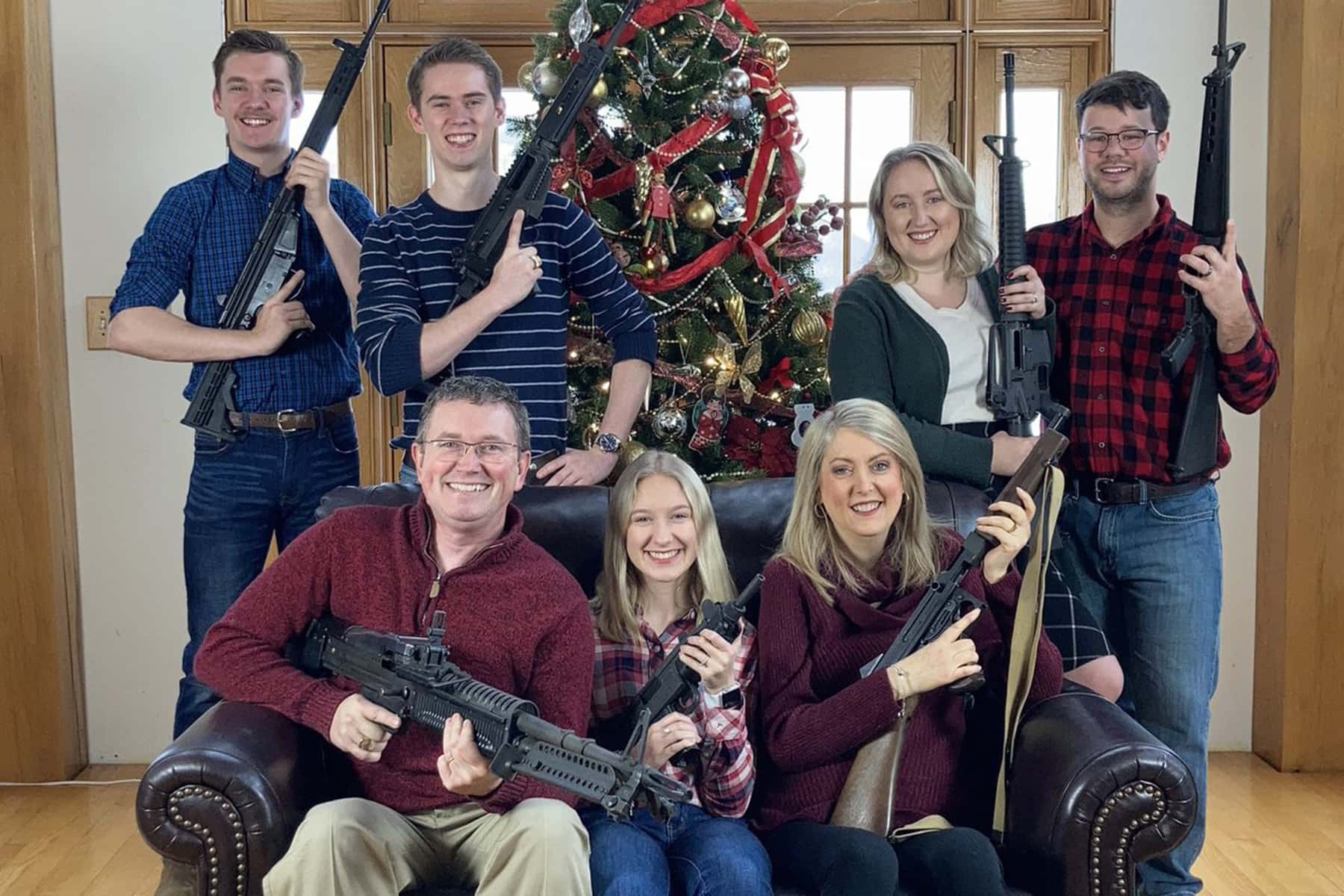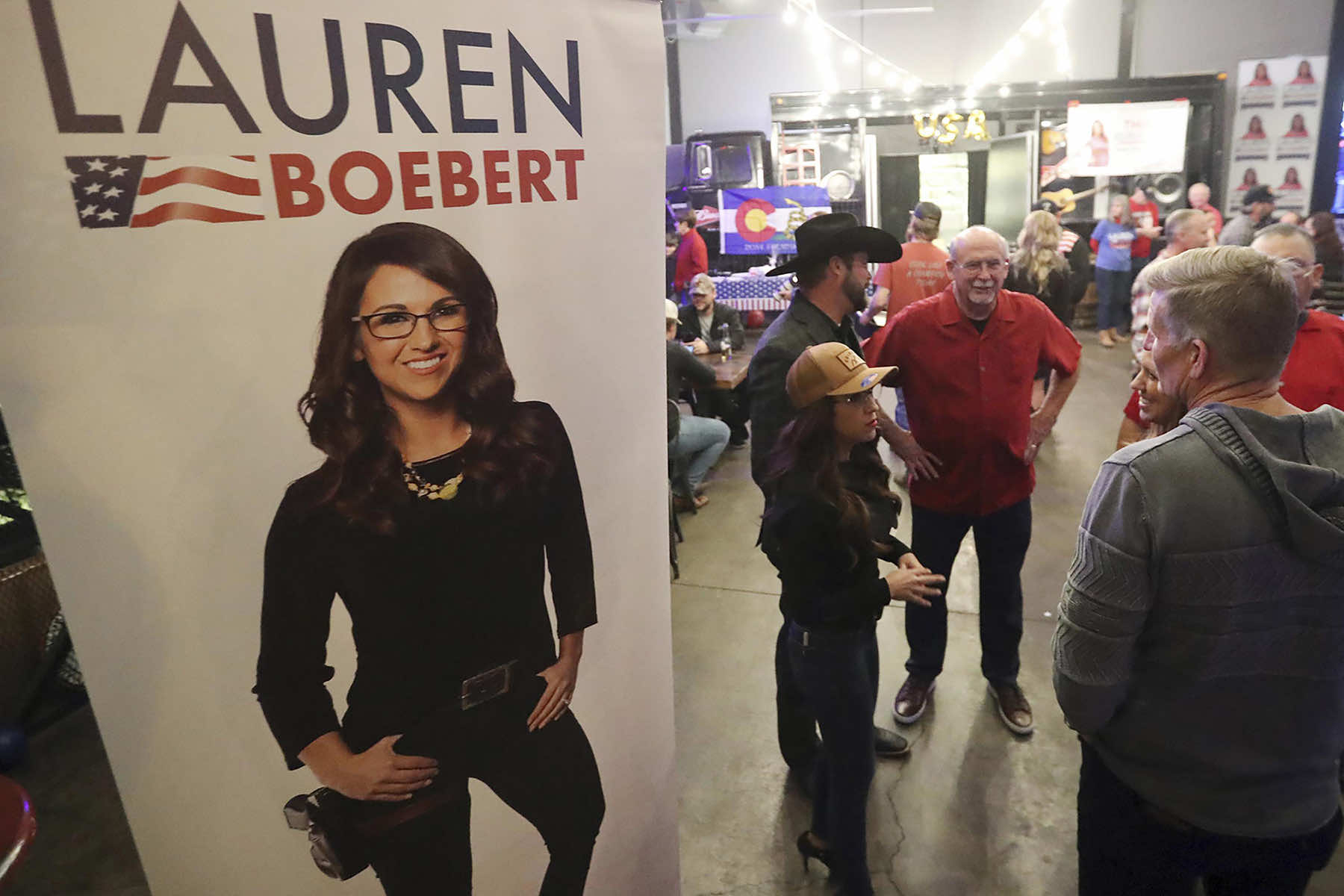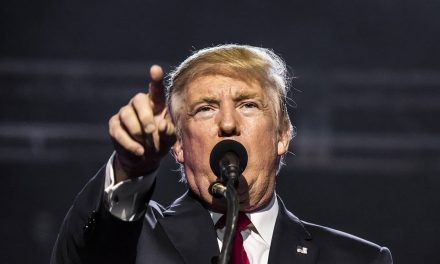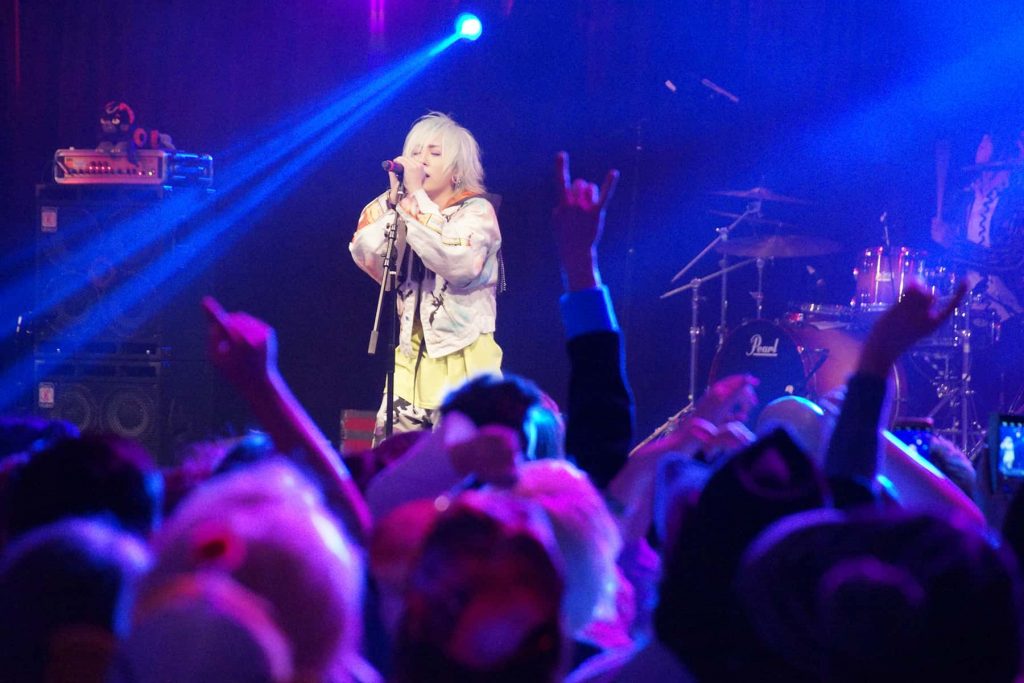
Survivors of the mass shooting at Club Q in Colorado Springs, Colorado, testified on December 14 before the House Oversight and Reform Committee. Club Q is an LGBTQ club in the city of about 500,000 people. The shooter opened fire there on the night of November 19-20, during a dance party. He used an AR-15 style rifle, murdering five people and wounding 19 more. Six others were hurt in the chaos.
Pointing to Republican anti-LGBTQ rhetoric that calls LGBTQ individuals “groomers” and abusers,” survivors of the mass shooting said that Republican rhetoric was “the direct cause” of the massacre. Chair Carolyn Maloney (D-NY) drew a wider lens: “The attack on Club Q and the LGBTQI community is not an isolated incident, but part of a broader trend of violence and intimidation across our country.”
James Comer (R-KY), who will likely chair the committee in the upcoming Republican-controlled House, disagreed. Blaming Democratic policies that he claims are soft on crime, he said that “Republicans condemn violence in all forms,” and that the survivors have his “thoughts and prayers.”
But Comer’s insistence that Republicans do not celebrate guns is not entirely honest. Just last year, four days after a mass shooting at a school in Oxford, Michigan that killed four students and wounded seven other people, Comer’s colleague Thomas Massie (R-KY) posted on Twitter a Christmas photo of him, his wife, and five children holding assault weapons in front of a Christmas tree.
The caption read: “Merry Christmas! ps. Santa, please bring ammo.” Representative Lauren Boebert (R-CO) immediately posted her own family photo with her four sons all posing with firearms.
In 2020, according to the New York Times Editorial Board, “Republican politicians ran more than 100 ads featuring guns and more than a dozen that featured semiautomatic military-style rifles.”
Democrats do not do this. Senator Joe Manchin (D-WV) shot a hole in a climate bill in 2010 but, according to the New York Times Editorial Board, that was the last time a Democrat used a gun in an ad.
The national free-for-all in which we have 120 guns for every 100 people — the next closest country is Yemen, with about 52 per one hundred people — is deeply tied to the political ideology of today’s Republican Party. It comes from the rise of Movement Conservatism under Ronald Reagan.
Movement Conservatism was a political movement that rose to combat the business regulations and social welfare programs that both Democrats and Republicans embraced after World War II. Movement Conservatives embraced the myth of the American cowboy as a white man standing against the “socialism” of the federal government as it sought to level the social and economic playing field between Black Americans and their white neighbors.
In the 1960s, leaders like Arizona Senator Barry Goldwater personified the American cowboy, with his cowboy hat and opposition to government regulation, while television Westerns showed good guys putting down bad guys without the interference of the government. They emphasized individualism, the idea that a man should take care of his own family, defending it with weapons, if need be, and fighting off a dangerous government and those who wanted to use the government for “socialism” or “Marxism.”
In 1972, the Republicans still embraced the idea that the government had a role to play in making the country safer for everyone, and their platform called for gun control to restrict the sale of “cheap handguns.” But in 1975, as he geared up to challenge President Gerald R. Ford for the 1976 presidential nomination, Movement Conservative hero Ronald Reagan took a stand against gun safety. In 1980 the Republican platform opposed the federal registration of firearms.
In 1980 the National Rifle Association endorsed Reagan. This was the first time it had endorsed a presidential candidate, and showed an abrupt change in what had, until 1977, been a sporting organization that emphasized gun safety and rejected the idea of working with manufacturers of guns and ammunition.
In the past, NRA officers insisted on the right of citizens to own rifles and handguns but worked hard to distinguish between law-abiding citizens who should have access to guns for hunting and target shooting and protection, and criminals and mentally ill people, who should not. Until the mid-1970s, the NRA backed federal legislation to limit concealed weapons; prevent possession by criminals, the mentally ill and children; to require all dealers to be licensed; and to require background checks.
But in the mid-1970s, a faction in the NRA forced the organization away from sports and toward opposing “gun control.” It formed a political action committee (PAC) in 1975, and two years later it elected an organization president who abandoned sporting culture and focused instead on “gun rights.”
Until 1959, every single legal article on the Second Amendment concluded that it was not intended to guarantee individuals the right to own a gun. But in the 1970s, legal scholars funded by the NRA began to argue that the Second Amendment did exactly that.
After a gunman trying to kill Reagan in 1981 paralyzed his press secretary, James Brady, and wounded Secret Service agent Tim McCarthy and police officer Thomas Delahanty, Congress passed the Brady Handgun Violence Prevention Act, or the Brady Bill, to require background checks before gun purchases.
The NRA paid for lawsuits in nine states to strike the law down, and in 1997, when the Brady Bill cases came before the Supreme Court as Printz v. United States, the Supreme Court declared parts of the measure unconstitutional.
Now a player in national politics, the NRA PAC was awash in money from gun and ammunition manufacturers, 99% of it going to Republican candidates. By 2000 it was one of the three most powerful lobbies in Washington. It spent more than $40 million on the 2008 election, and in that year, the landmark Supreme Court decision of District of Columbia v. Heller struck down gun regulations and declared for the first time that the Second Amendment protects an individual’s right to keep and bear arms.
The unfettered right to own and carry weapons has come to symbolize the Republican Party’s ideology of individual liberty. Lawmakers and activists have not been able to overcome Republican insistence on gun rights despite the mass shootings that have risen since their new emphasis on guns. The Gun Violence Archive defines a mass shootings as one in which four people are shot, not including the shooter: in 2021 alone, we had 692 of them.
While gun ownership has actually declined since the 1970s, there are far more guns in fewer hands: a study in 2017 showed that about half of US guns are owned by about 3% of the population, and that was before Americans launched a new gun-buying spree after 2020.
Ten years ago on December 14, a 20-year-old in Newtown, Connecticut, shot and killed 20 children between the ages of six and seven, and six adult staff members at the Sandy Hook Elementary School. In the wake of those horrific murders, Congress tried to pass a bipartisan bill requiring background checks for gun purchases, but even though 90% of Americans — including nearly 74% of NRA members — supported background checks, and even though 55 senators voted for the measure, it died with a filibuster.
Dave Cullen, who writes about school shootings, argued in a New York Times op-ed that there is reason to hope we will finally address our gun problem. The Sandy Hook Massacre galvanized Americans into pushing back to reclaim our safety, as Shannon Watts and congressional representative Gabrielle Giffords — herself a survivor of gun violence — organized the gun safety movement. That movement, in turn, got a dramatic boost from the activism of the survivors of the 2018 shooting at Marjory Stoneman Douglas High School in Parkland, Florida, in which a 19-year-old gunman murdered 17 people and injured 17 others.
This June, Senate minority leader Mitch McConnell (R-KY) had to acknowledge that support for the Bipartisan Safer Communities Act was “off the charts, overwhelming,” and 15 Republican senators bucked the NRA to vote for basic gun safety legislation.
But, also in June, the Supreme Court handed down the sweeping New York State Rifle & Pistol Association, Inc. v. Bruen decision requiring those trying to place restrictions on gun ownership to prove similar restrictions were in place when the Framers wrote the Constitution. Already, a Texas judge has struck down a rule preventing domestic abusers from possessing firearms on the grounds that domestic violence was permissible in the 1700s.
The decision is being appealed.
Christopher Tomlinson (AP) and RepThоmаsMаssіе / Twitter
Letters from an Аmerican is a daily email newsletter written by Heather Cox Richardson, about the history behind today’s politics















